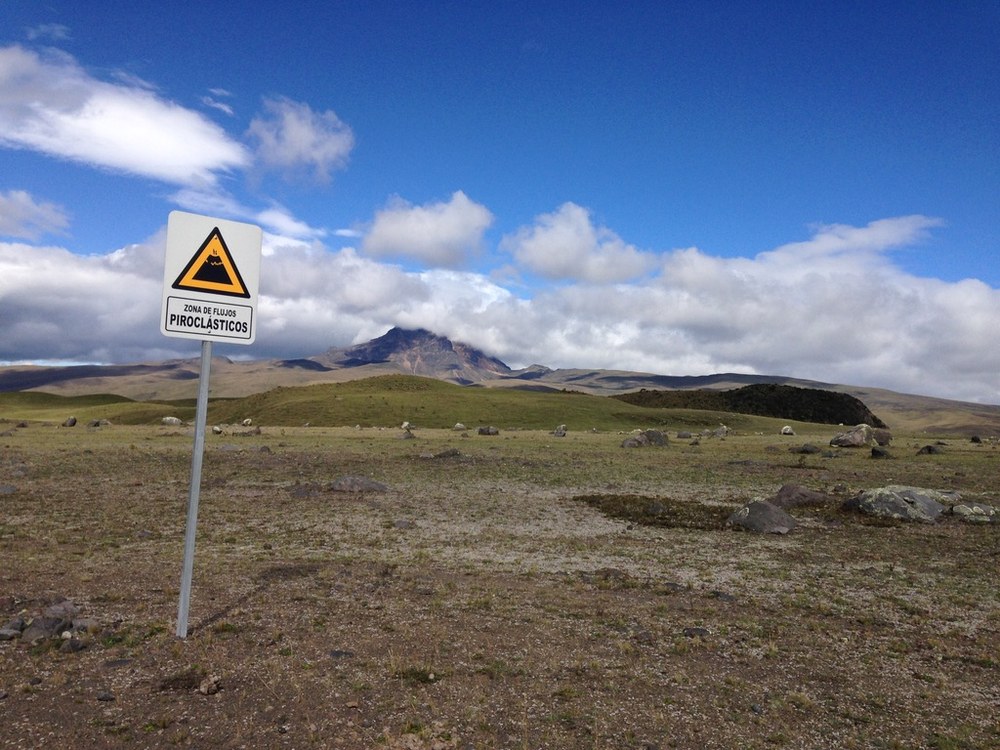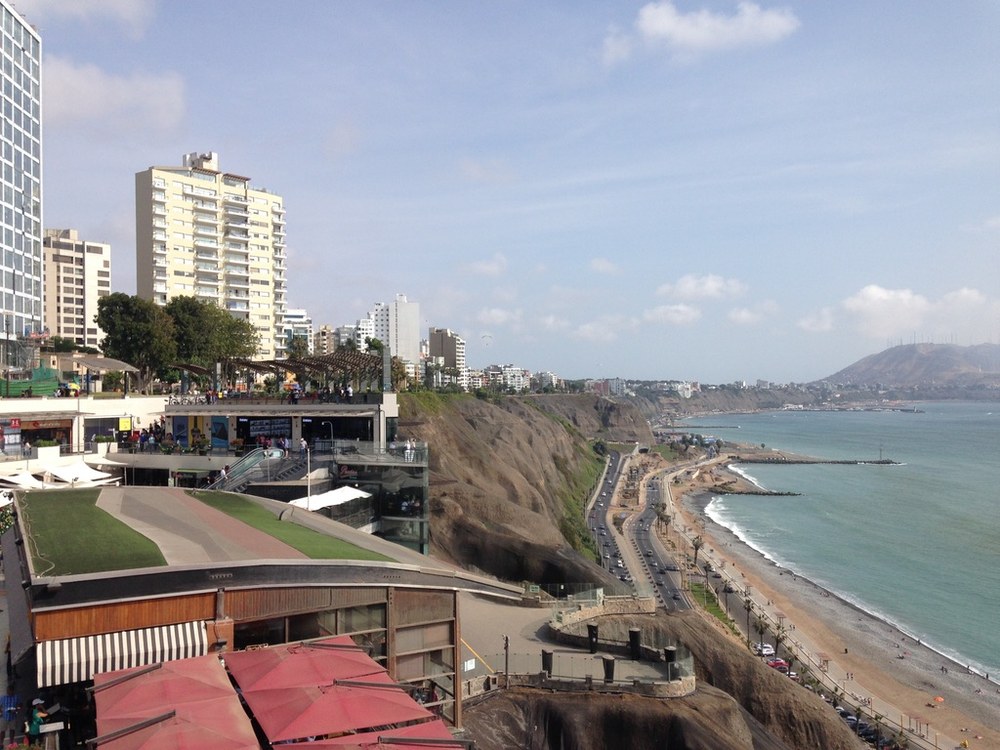Disaster management: testing a multi-risk-system demonstrator


In recent decades people have become increasingly endangered worldwide by natural disasters – especially in densely settled urban areas. In the collaborative research project RIESGOS an interdisciplinary research team together with business partner is developing methods to assess multi-risk situations and their interactions using the example of the particularly endangered Andes region.
The focus of research is on the Andes regions of Chile, Peru and Ecuador, areas that are seriously threatened by natural hazards and the results of climate change. Earthquakes, tsunami, landslides, volcanic eruptions and floods all take place within a small area. At the same time, one hazard seldom occurs in isolation: an earthquake can trigger a tsunami, which can lead to disruption of power and water supplies, dramatically aggravating the situation both for those immediately affected and for rapid response teams. A future multi-risk information system would facilitate better preparation and well-targeted precautionary measures in such emergencies.
From 18 to 29 November 2019 a first demonstrator of such a multi-risk information system is presented in Peru and Ecuador. This exploration tool was developed under the direction of the German Aerospace Center (DLR) as part of the RIESGOS (Spanish for risks) project. The purpose of the project is to improve the information basis for dealing with natural disasters and to develop strategies to prevent or reduce risk. It describes the scientific and technical possibilities for simulating scenarios that involve complex interactions of risks.
The German project team and its partners in the countries named have worked for two years to develop the first version of the demonstrator. Close exchange with public authorities and civilian organizations dealing with disaster management takes place during the entire duration of the project. This assures that the needs of users can be identified and their feedback integrated. At the core of the information system are web-based services that enable open and flexible access to decentralized data and computing services.
Initially, the demonstrator will be developed for three case studies representing realistic multi-risk situations. Such risks not only interact, but also have cascading effects that induce chain reactions. In the Valparaíso region of Chile and in Peru's megalopolis Lima and its adjacent port city Callao, earthquakes, tsunami and critical infrastructure will be studied. In the Ecuadorian capital Quito and in Cotopaxi Province the focus will be on volcanic activity, lahars, landslides, floods, and their effects on critical infrastructure.
The user workshops taking place from 18 to 29 November 2019 at national and local levels will subject the demonstrator to a practical test of its applicability, usability and information value. Feedback will flow directly into further development of the demonstrator. In addition to the technical presentation, bilateral meetings will also be arranged to strengthen cooperation and coordinate joint research activities.
About the project
RIESGOS (Multi-Risk Analysis and Information System Components for the Andes Region) is funded by the German Federal Ministry of Research and Education (BMBF) as part of the funding programme 'BMBF CLIENT II – International Partnerships for Sustainable Innovations' within the 'Research for Sustainable Development (FONA3)' platform. The Project Management Agency Jülich technically and administratively supervises the project on behalf of the German Federal Ministry of Education and Research. The RIESGOS project consortium comprises the following academic research institutions and industrial partners: the German Aerospace Center (DLR), the German Research Centre for Geosciences (GFZ), the Alfred Wegener Institute (AWI), The Technical University of Munich, 52°North, geomer GmbH, EOMAP GmbH & Co. KG, plan + risk consult, DIALOGIK. The following associated partners support the project: GIZ, UNOOSA /UN-SPIDER, UNESCO and MunichRE. RIESGOS is collaborating with a large number of research partners and public authorities in the South American partner countries Chile, Ecuador and Peru.
